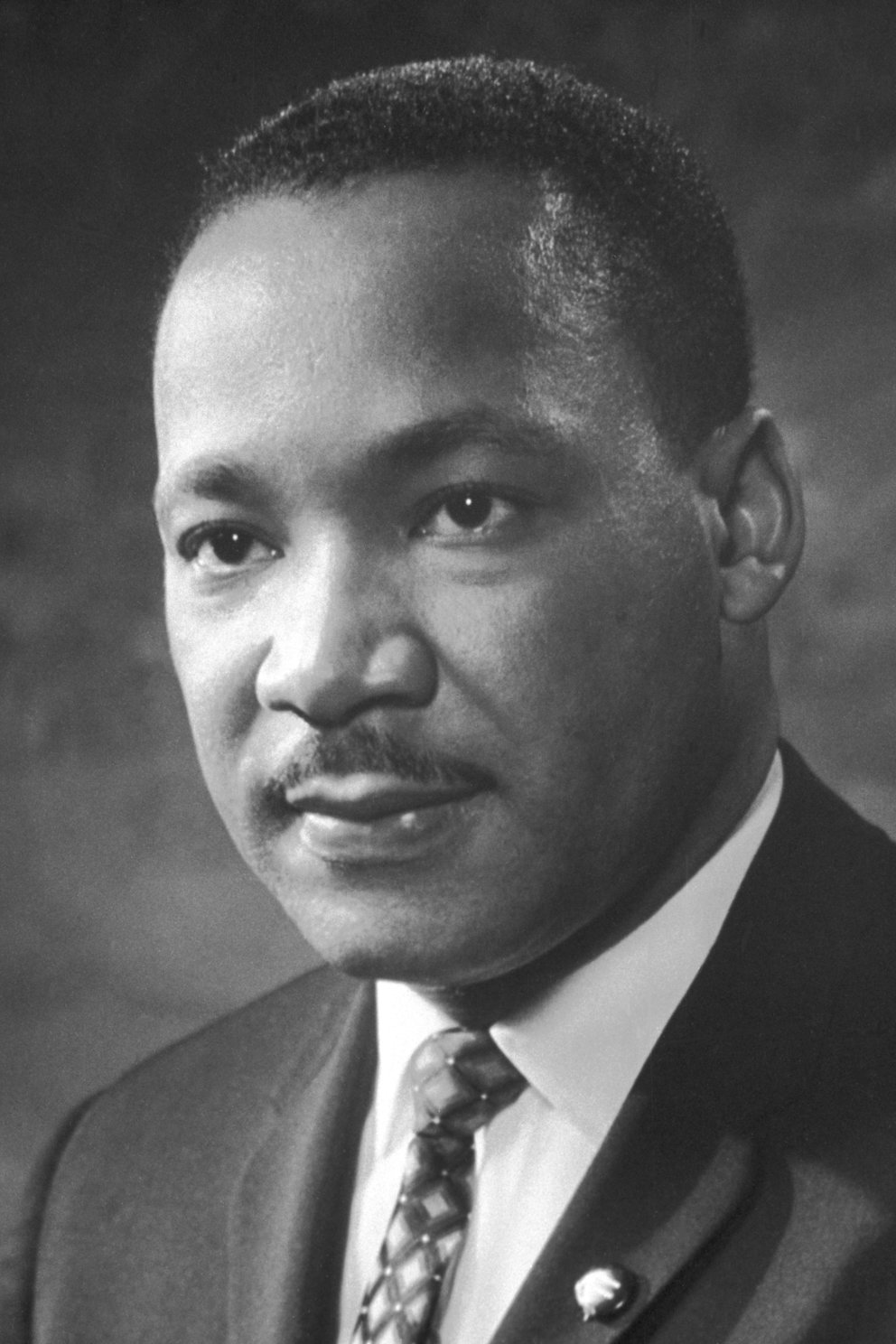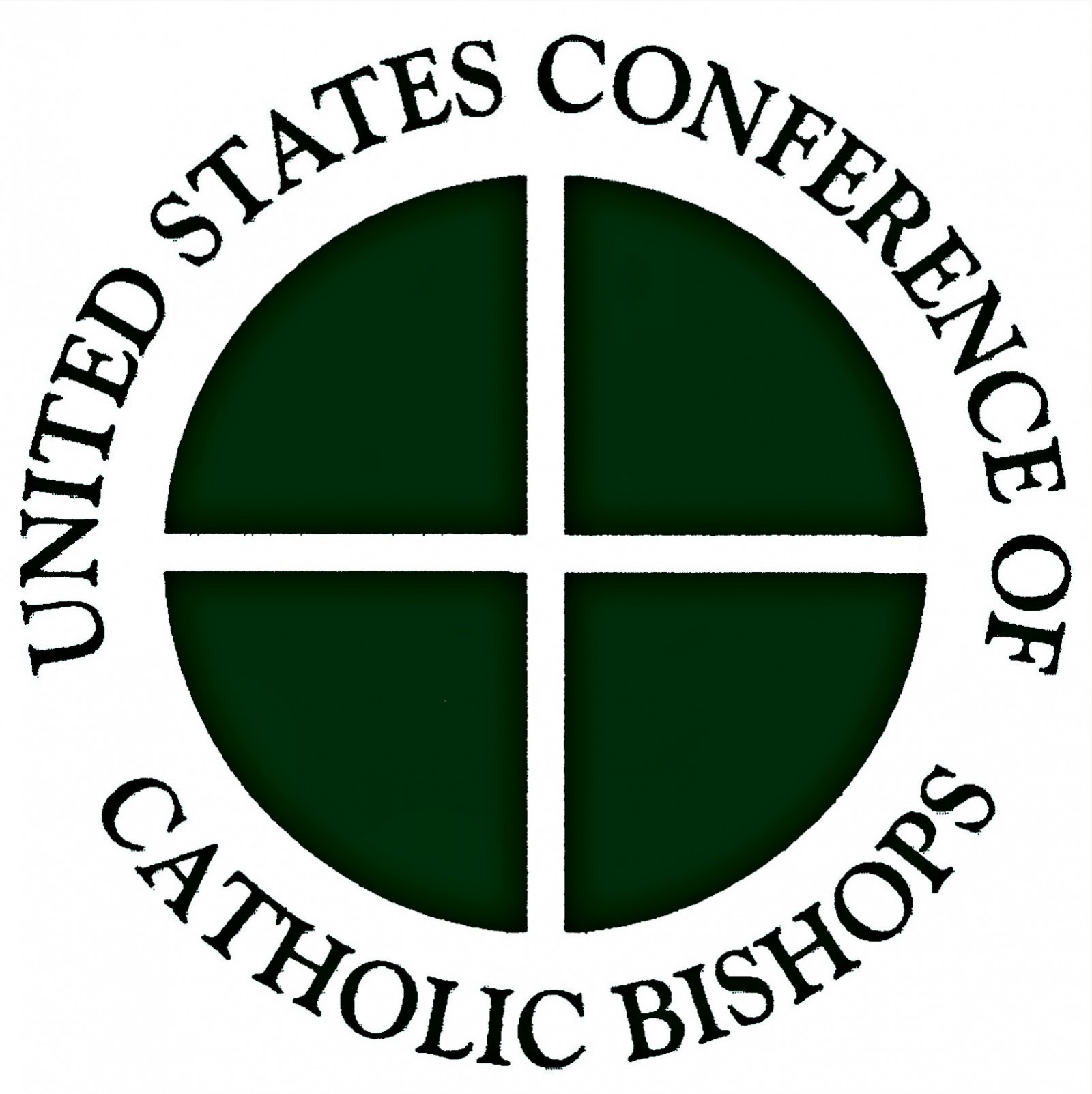 |
| Pictured is P.B.S. Pinchback, not Homer Plessy. There are no photos of Plessy, but Pinchback's photos are widely confused as Plessy's. |
Surprisingly, there were very few resources about religious views against segregation. It seems logical to assume that there would be many religious texts that argue against segregation. However, finding them is extremely difficult as it appears they've been overshadowed by the massive amount of contemporary pieces that focus on religious support for segregation.
I can see why this has happened. It is much more interesting to write about how religious institutions supported systems of slavery and oppression rather than what they'd be expected to do. However, it's extremely annoying when you search "religious arguments against segregation" and every result is parallel to an article titled "Religious Ideas of the Segregationists".
 |
| Dr. Martin Luther King Jr. |
From the text, I directly quoted "There is neither Jew nor Greek, there is neither slave nor free, there is neither male nor female; for you are all one in Christ Jesus", which is a bible verse (Galatians 3:28). Its message is clear: as a Christian, the belief in a supreme race is wrong. Since all people are "one in Christ", all people are equal before God, the ultimate authority.
Despite Dr. King's message being written in 1957, out of all the sources I found, this was the closest date I could find to 1896. I know for a fact that there are many pieces of Christian writing that speak against segregation written between 1957 and 1896, and surely there has to be something that directly commentates on the results of the trial in 1896. I know that the problem most likely lies with the way I am searching, but the fact that I tried so many different ways of searching leads me to believe that there is an extremely scant amount of available material on the subject.
Because of this, I ended up using only one other source to write my speech: a "Pastoral Letter on Racism" published by the U.S. Conference of Catholic Bishops in 1979. I did not take any specific quotes from the letter, but I used some of its talking points to frame my speech around the obligations of Catholic citizens as both Americans and faith members to oppose practices of segregation.
Here's an example. In its introduction, the letter mentions a "constitutional heritage" to recognize the "equality, dignity, and inalienable rights of all its citizens." The letter then goes on to say that Catholics (Christians) are also heirs to a religious teaching that proclaims that all people are brothers and sisters. This is where I got the phrase "It is not only a legal obligation to protect equality for all American citizens, but an obligation as men of God", which was the main point of my speech.This speech was the hardest to write out of any other speech I've written for this class. While its subject seemed like a slam-dunk topic in which there'd be plenty of resources to use, it was the opposite. In retrospect, it made the assignment a lot more interesting. I had to attempt to synthesize what I believed abolitionist ideas from the 1890s to be like from ideas in the 3rd quarter of the 20th century. I wouldn't call the challenge enjoyable, but it was a great mental exercise.

No comments:
Post a Comment